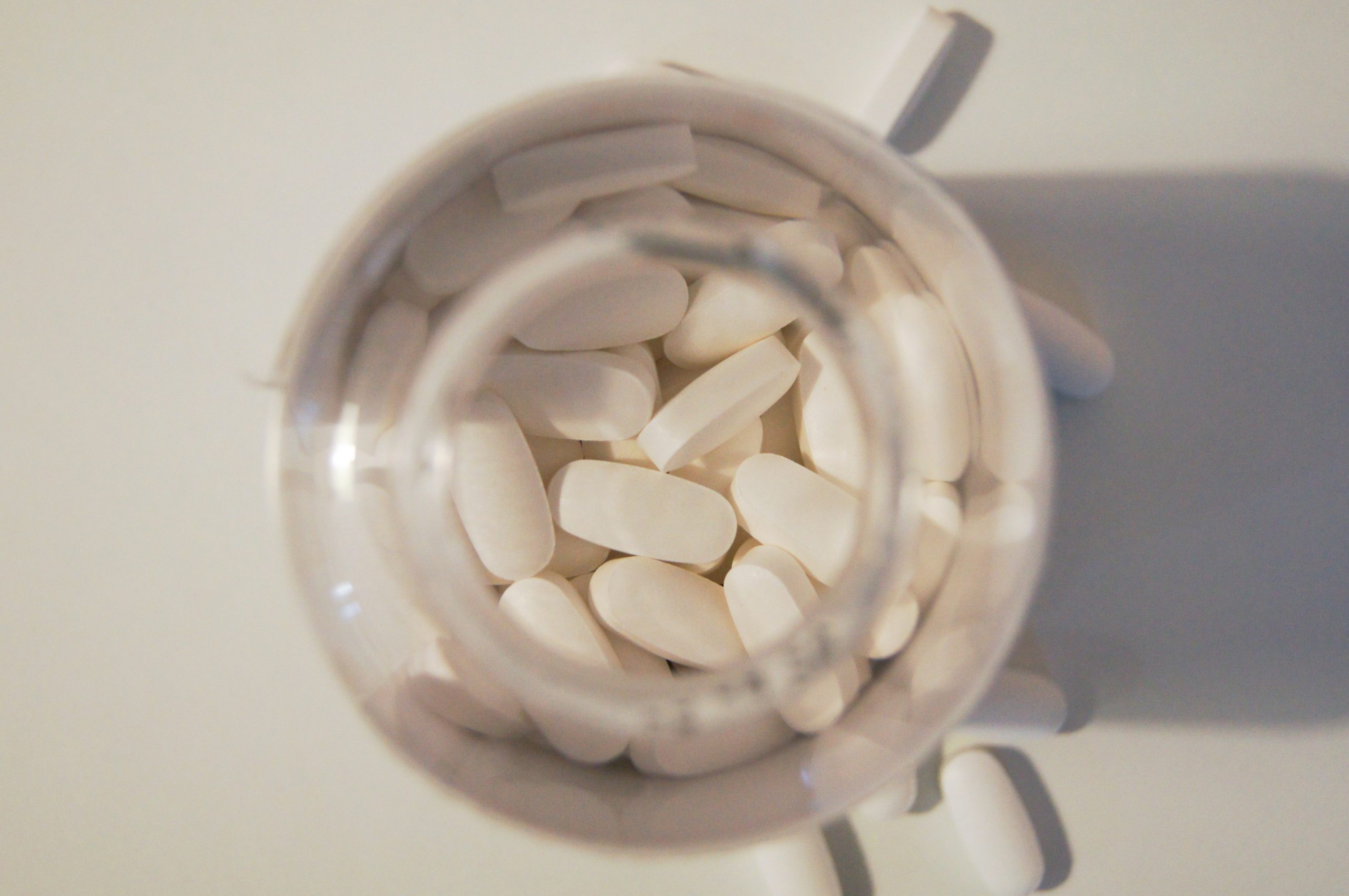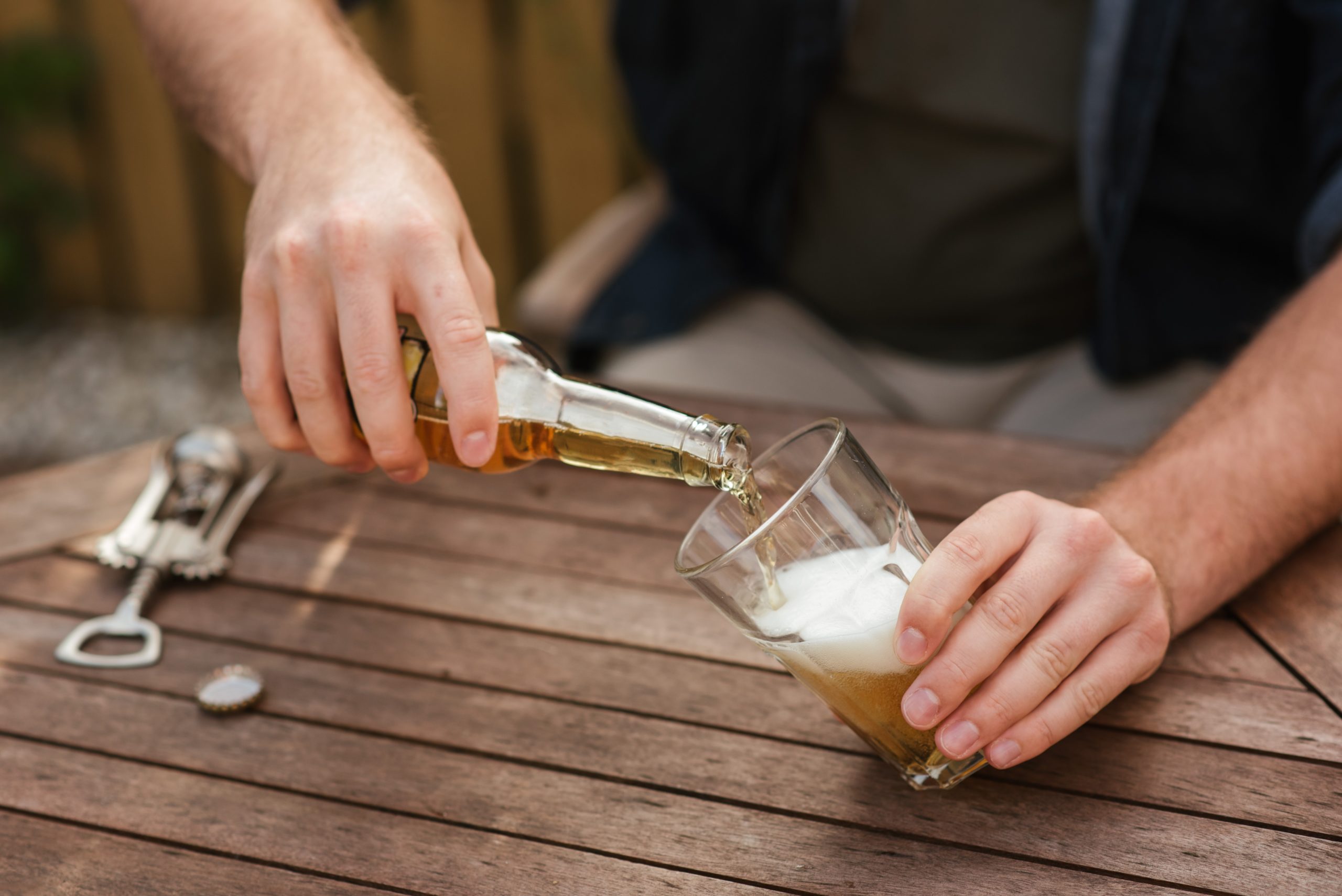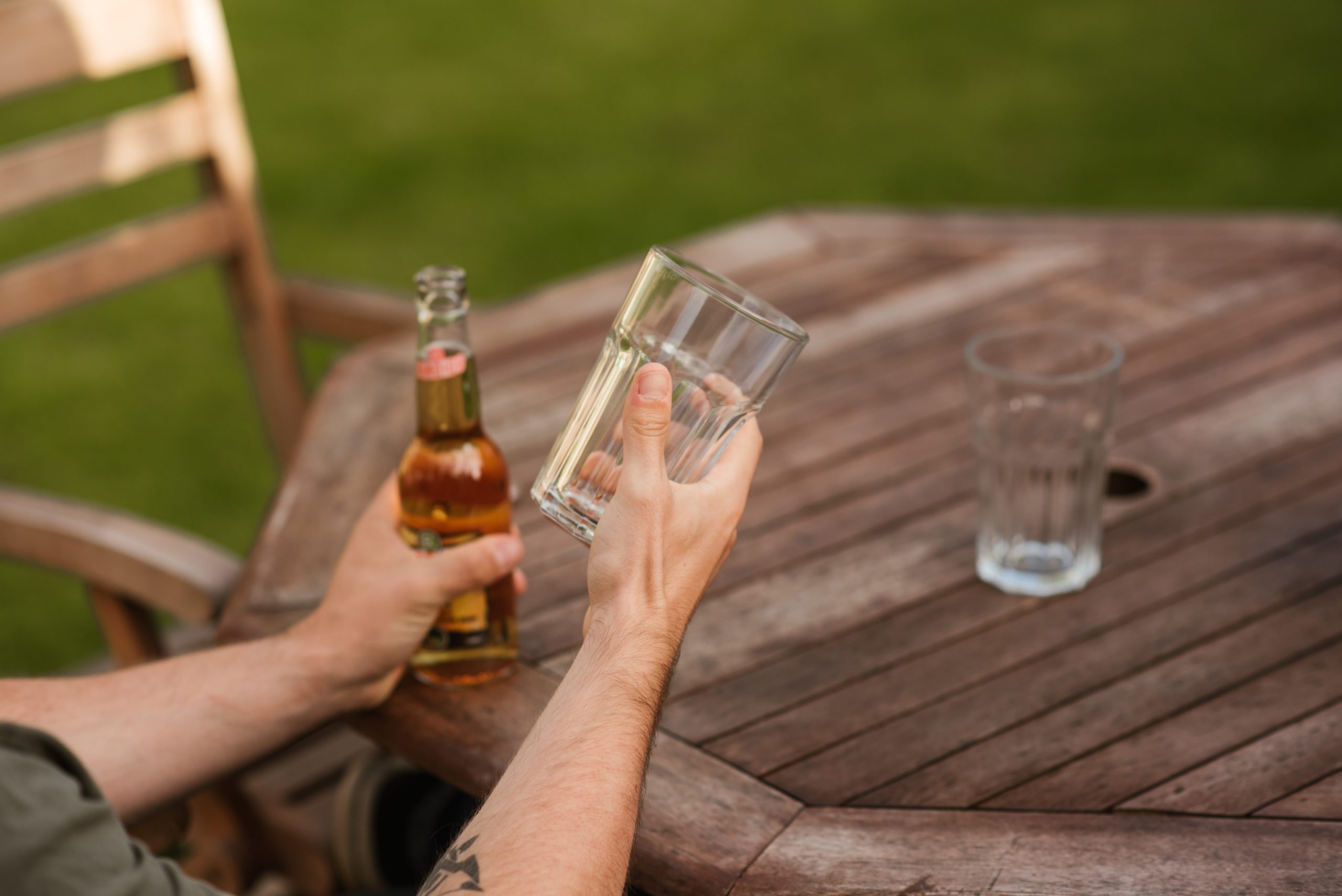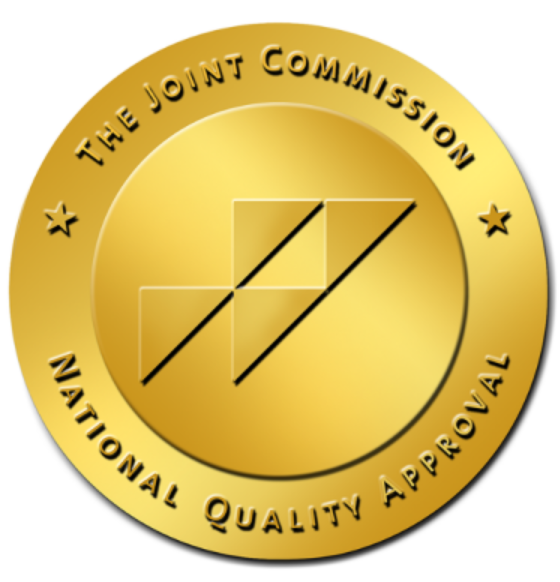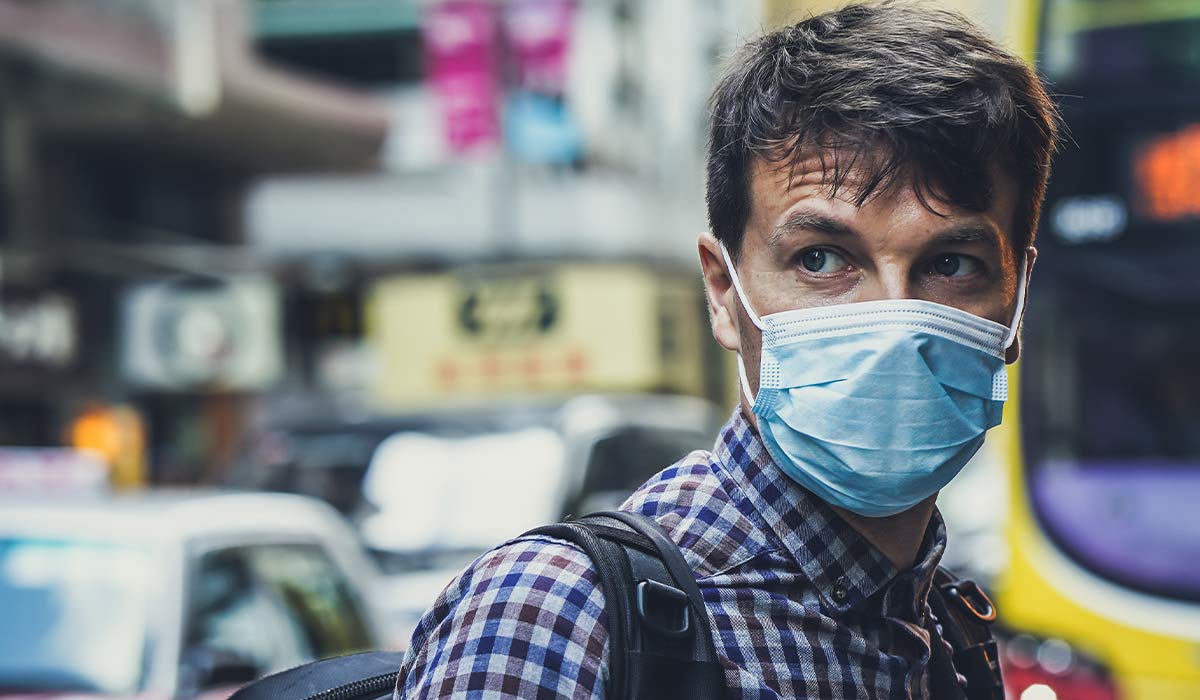
5 Tips For Getting Back to a Normal Recovery Life After Shelter-in-Place Orders are Lifted
With the Covid-19 pandemic continuing to rage on, everyone has been forced to quarantine themselves and follow social distancing rules. While these rules are necessary to maintain public health, many vulnerable populations are experiencing the consequences of reduced access to necessary resources. Individuals who are recovering from drug and alcohol use disorders have found treatment complicated by Covid-19. In fact, without a support system in place, individuals with substance use disorders are at an increased risk of overdose and suicide during the pandemic. Resources that can effectively be used during quarantine include online support groups, outpatient therapy over Zoom, and maintaining healthy habits. Nonetheless, this difficult period has made it hard to imagine what life has in store once quarantine ends.
Many people in recovery are currently asking themselves: “How can I return to normal addiction recovery habits once quarantine ends? Below are 5 tips for getting back into a normal recovery routine when shelter-in place orders are lifted.
1. Return to Support Groups and Other Resource Centers
While 12-step meetings and support groups have continued to meet over Zoom to help people recover in isolation, nothing replaces the unique benefits of in-person meetings. 12-step groups like Alcoholics Anonymous and Narcotics Anonymous offer more than treatment plans and sound advice. They are about social connection. At meetings, members have opportunities to share stories and connect with a community that understands them. These meetings are also fantastic opportunities for people with longer periods of sobriety to be of service to newer members. Service at meetings can be as simple as preparing coffee for the group or greeting meeting attendees as they walk in to make them feel welcome. By helping others get sober, you gain a greater understanding of the nature of the condition you also suffer from. Research shows that it actually helps you stay sober. You’ll also get out of your head, a chance that most people are likely to be eager for after months of isolation.
2. Meet with Your Sponsor and Other Sober Mentors
Treating an addiction is generally about working with other people. Many individuals in 12-step programs make use of a sponsor, who is an individual who has completed the 12 steps and is available to offer moral support and guidance. While phone meetings with sponsors or other sober mentors can be helpful during quarantine, there is something unique about being able to connect in-person over coffee or lunch. For many, active addiction is a disease of isolation, and part of getting sober is learning to depend upon other people.
3. Go Outside!
Okay, we’ll admit it. This doesn’t directly relate to treating a substance use disorder. But going outside and being actively involved in the world is one of the great privileges that quitting alcohol and drug abuse confers upon a person. Many people in addiction treatment services report that quarantine is a triggering experience, since the experience of addiction is often a kind of self-imposed quarantine. When the shelter-in-place orders are lifted, consider going for a hike, surfing at the beach, or playing a game of basketball. Not only will it feel good to get some sun and exercise, these activities are also excellent opportunities to bond with other sober friends.
4. Create Structure for Yourself
One of the most common struggles of quarantine is developing a daily routine. Without work or outside activities dictating the course of a day, each person is forced to be their own boss and manage their own time. For people who need substance abuse help, this can be particularly challenging. Those involved in an outpatient program, partial hospitalization program, or IOP program are lucky to have access to a structured and supportive environment. Others need to make sure they continue to take care of themselves without a set schedule. After months of quarantine, many have figured out how to do that in isolation. But with shelter-in-place orders lifting, the need to plan a healthy and treatment-oriented day is again urgent. Make some time for healthy meals, socialization, exercise, support groups, and don’t forget to go to bed on time!
5. Continue to Follow Public Health Guidelines
Even though shelter-in-place orders are lifting, Covid-19 remains a serious public health issue. It is essential to remain cautious by practicing social distancing and continuing to follow guidelines issued by public health officials. People who suffer from conditions like substance use disorders often have comorbid medical conditions that make them particularly vulnerable to Covid-19. While treating one’s alcohol or drug addiction should be a primary health concern, it is crucial to avoid neglecting the potentially life-threatening risks of the pandemic.
While quarantine posed challenges to individuals in substance abuse recovery, re-opening presents its own set of issues. The risks of Covid-19 are not gone, even if the world is opening up a little. Nonetheless, the chaos and unpredictability of the world should never be an excuse to relapse. People have remained sober through major world events like World War II, and many remain sober through major personal disasters like divorce. Remaining involved in one’s drug or alcohol treatment program and continuing to connect with sober peers is the key to long term recovery, whether the pandemic disappears or lasts for years.
Follow Us:


